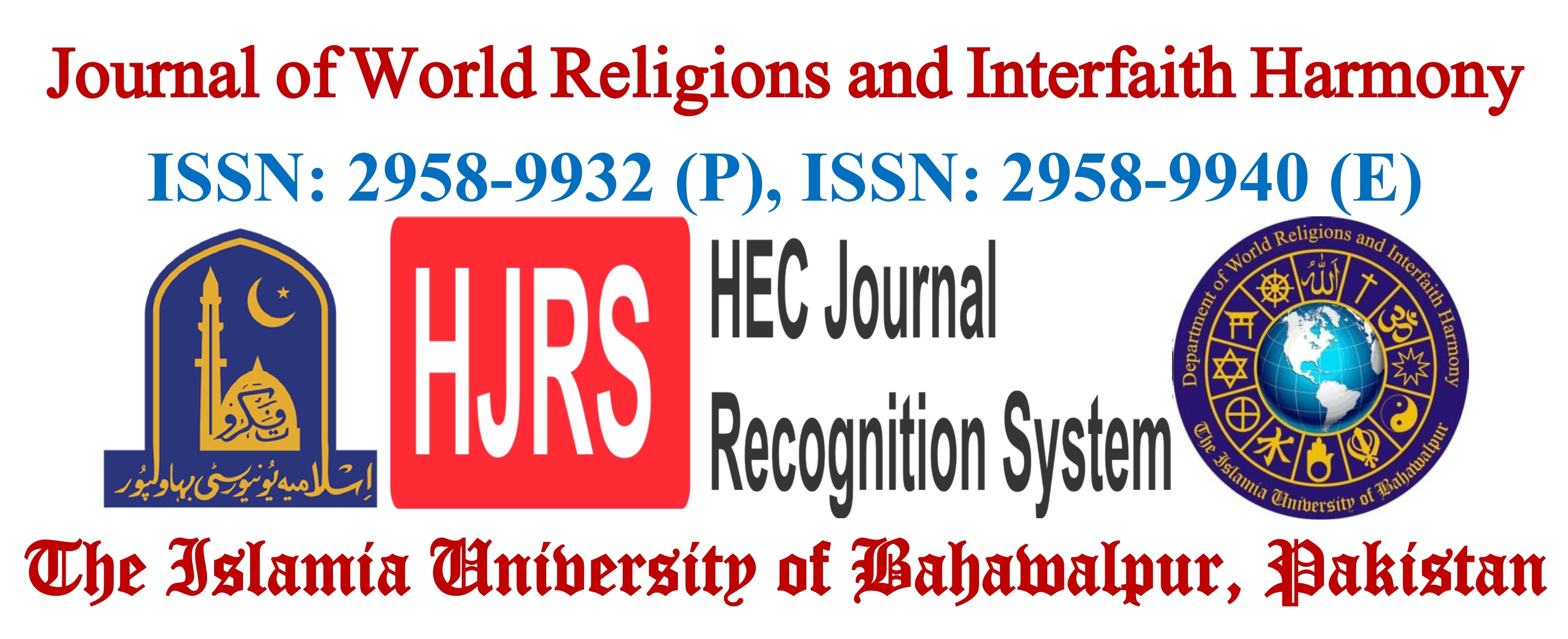An Analytical Study of the Noble Contributions of the Prophet Muhammad’s (PBUH) Ancestors in the Administration of Makkah Mukarramah
Keywords:
Zamzam, Siqayah, Rifadah, Hajj pilgrims, Hospitality, Prophet Ibrahim (AS), Abu Talib.Abstract
The tradition of serving the pilgrims of the Kaaba and ensuring their hospitality has been a noble legacy upheld by the ancestors of the Prophet Muhammad (ﷺ). From Prophet Ibrahim (AS), who excavated the well of Zamzam, to Qusay ibn Kilab, who established the systems of Siqayah (providing water) and Rifadah (providing food), the leaders of Makkah prioritized the comfort of Hajj pilgrims.
Hashim ibn Abd Manaf, known for his generosity during famine, expanded these services, while Abdul-Muttalib revived the lost well of Zamzam and emphasized feeding the needy. Abu Talib, despite financial hardships, continued this tradition by borrowing funds to host pilgrims, demonstrating unwavering dedication to hospitality.
This historical account highlights the deep-rooted values of generosity, service, and respect for the guests of Allah’s House—a legacy that laid the foundation for Islamic teachings on Hajj and hospitality.
Downloads
Published
How to Cite
Issue
Section
License
Copyright (c) 2025 Syed Abul Majid shah, Dr.Tahira Batool

This work is licensed under a Creative Commons Attribution-NonCommercial 4.0 International License.






